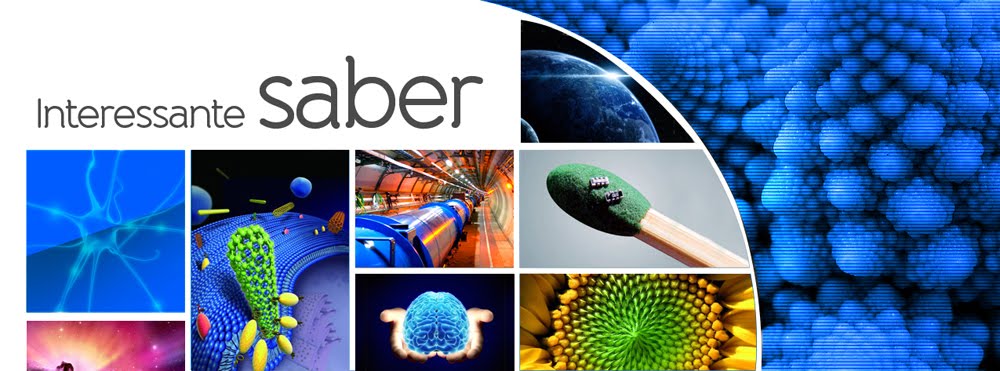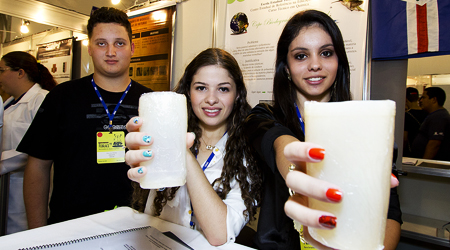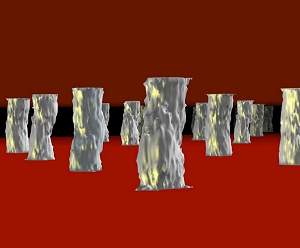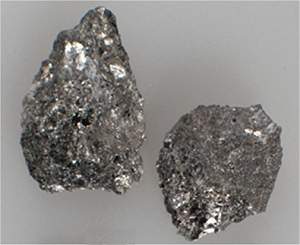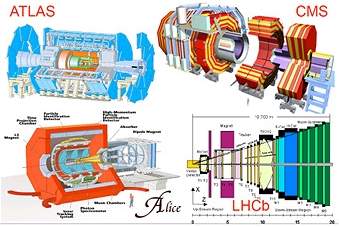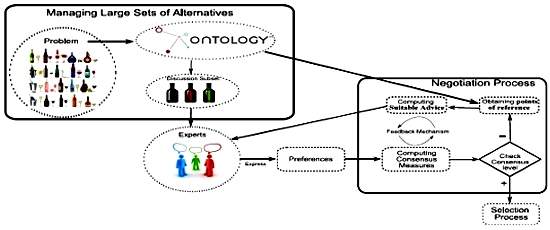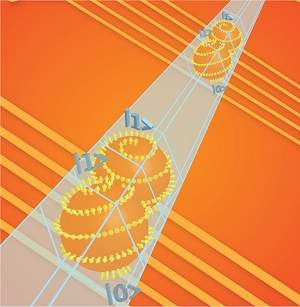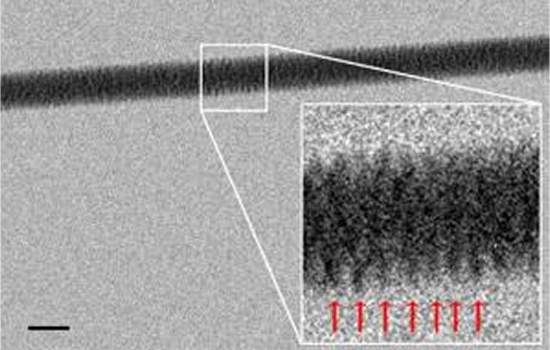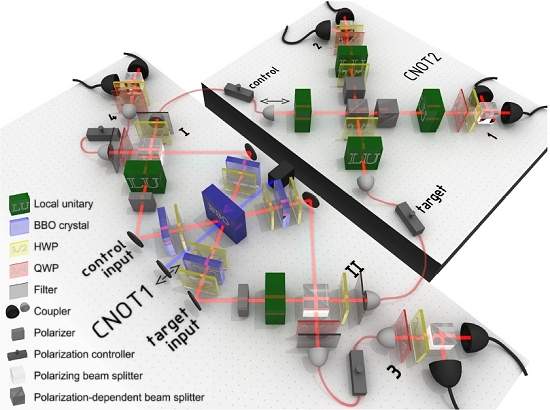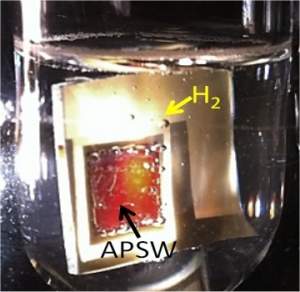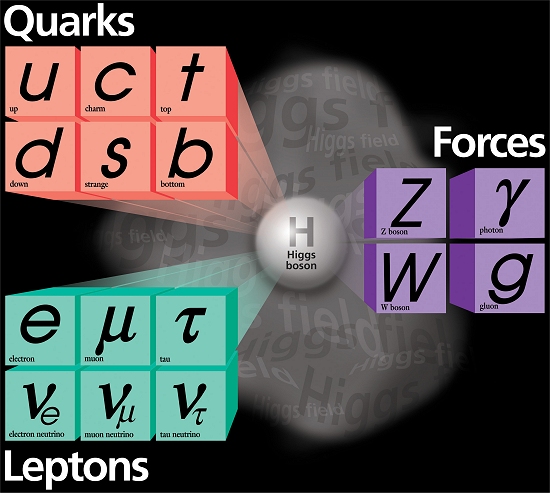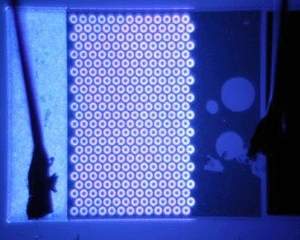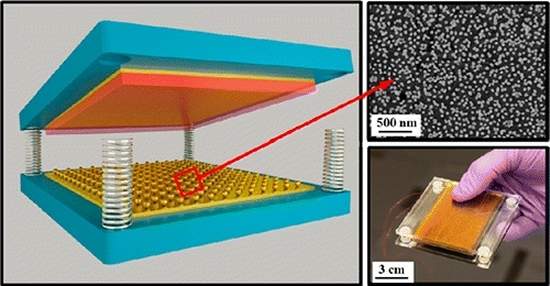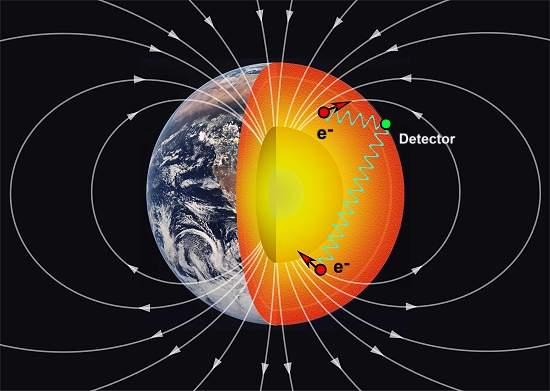domingo, 31 de março de 2013
quinta-feira, 28 de março de 2013
segunda-feira, 25 de março de 2013
domingo, 24 de março de 2013
sábado, 23 de março de 2013
sexta-feira, 22 de março de 2013
REWIRING NEUROSCIENCE
Se você quer aprender um pouco sobre o cérebro, aqui está uma excelente oportunidade. O livro está disponível no link. É só clicar acima.
quinta-feira, 21 de março de 2013
segunda-feira, 18 de março de 2013
Know Thyself: How Mindfulness Can Improve Self-Knowledge
Mar. 14, 2013 — Mindfulness -- paying attention to one's current experience in a non-judgmental way -- might help us to learn more about our own personalities, according to a new article published in the March 2013 issue of Perspectives on Psychological Science, a journal of the Association for
Recent research has highlighted the fact that we have many blind spots when it comes to understanding our patterns of thinking, feeling, and behaving. Despite our intuition that we know ourselves the best, other people have a more accurate view of some traits (e.g., intellect) than we do. In some cases, blind spots in self-knowledge can have negative consequences, such as poor decision-making, poor academic achievement, emotional and interpersonal problems, and lower life satisfaction.
In this new article, psychological scientist Erika Carlson of Washington University in St. Louis explores one potential strategy for improving self-knowledge: mindfulness.
Mindfulness -- a technique often recognized for its positive effects on mental health -- involves paying attention to your current experience (e.g., thoughts, feelings) and observing it in a non-judgmental manner.
According to Carlson, these two components of mindfulness, attention and nonjudgmental observation, can overcome the major barriers to knowing ourselves. She argues that the motivation to see ourselves in a desirable way is one of the main obstacles to self-knowledge. For instance, people may overestimate their virtuous qualities to ward off negative feelings or boost self-esteem. However, non-judgmental observation of one's thoughts, feelings, and behavior, might reduce emotional reactivity -- such as feelings of inadequacy or low self-esteem -- that typically interferes with people seeing the truth about themselves.
Lack of information is another barrier to self-knowledge -- in some situations, people might not have the information they would need to accurately assess themselves. For instance, we have a hard time observing much of our nonverbal behavior, so we may not know that we're grimacing or fidgeting during a serious conversation. Mindfulness could also help in this domain, as research has shown that mindfulness training is associated with greater bodily awareness.
Drawing from cognitive, clinical, and social psychology, Carlson outlines a theoretical link between mindfulness and self-knowledge that suggests focusing our attention on our current experiences in a nonjudgmental way could be an effective tool for getting to know ourselves better.
This research was supported by National Science Foundation Grant BCS-1025330 awarded to Simine Vazire.
Share this story on Facebook, Twitter, and Google:
Other social bookmarking and sharing tools:
Mar. 14, 2013 — Mindfulness -- paying attention to one's current experience in a non-judgmental way -- might help us to learn more about our own personalities, according to a new article published in the March 2013 issue of Perspectives on Psychological Science, a journal of the Association for
Recent research has highlighted the fact that we have many blind spots when it comes to understanding our patterns of thinking, feeling, and behaving. Despite our intuition that we know ourselves the best, other people have a more accurate view of some traits (e.g., intellect) than we do. In some cases, blind spots in self-knowledge can have negative consequences, such as poor decision-making, poor academic achievement, emotional and interpersonal problems, and lower life satisfaction.
In this new article, psychological scientist Erika Carlson of Washington University in St. Louis explores one potential strategy for improving self-knowledge: mindfulness.
Mindfulness -- a technique often recognized for its positive effects on mental health -- involves paying attention to your current experience (e.g., thoughts, feelings) and observing it in a non-judgmental manner.
According to Carlson, these two components of mindfulness, attention and nonjudgmental observation, can overcome the major barriers to knowing ourselves. She argues that the motivation to see ourselves in a desirable way is one of the main obstacles to self-knowledge. For instance, people may overestimate their virtuous qualities to ward off negative feelings or boost self-esteem. However, non-judgmental observation of one's thoughts, feelings, and behavior, might reduce emotional reactivity -- such as feelings of inadequacy or low self-esteem -- that typically interferes with people seeing the truth about themselves.
Lack of information is another barrier to self-knowledge -- in some situations, people might not have the information they would need to accurately assess themselves. For instance, we have a hard time observing much of our nonverbal behavior, so we may not know that we're grimacing or fidgeting during a serious conversation. Mindfulness could also help in this domain, as research has shown that mindfulness training is associated with greater bodily awareness.
Drawing from cognitive, clinical, and social psychology, Carlson outlines a theoretical link between mindfulness and self-knowledge that suggests focusing our attention on our current experiences in a nonjudgmental way could be an effective tool for getting to know ourselves better.
This research was supported by National Science Foundation Grant BCS-1025330 awarded to Simine Vazire.
Share this story on Facebook, Twitter, and Google:
Other social bookmarking and sharing tools:
domingo, 17 de março de 2013
sábado, 16 de março de 2013
sexta-feira, 15 de março de 2013
Daily Pot Smoking May Hasten Onset of Psychosis
Dec. 21, 2009 — Progression to daily marijuana use in adolescence may hasten the onset of symptoms leading up to psychosis, an Emory University study finds. The study was published in the November issue of the American Journal of Psychiatry.
Long-Time Cannabis Use Associated With Psychosis
Mar. 2, 2010 — Young adults who have used cannabis or marijuana for a longer period of time appear more likely to have hallucinations or delusions or to meet criteria for psychosis, according to a report posted online that will appear in the May print issue of Archives of General Psychiatry, one of the JAMA/Archives journals.
Psychotic Illness Appears to Begin at Younger Age Among Those Who Use Cannabis
Feb. 8, 2011 — Cannabis use appears to be associated with an earlier onset of psychotic illness, according to a meta-analysis of previously published studies posted online that will appear in the June print issue of Archives of General Psychiatry, one of the JAMA/Archives journals.
Cannabis Could Increase Risks Of Psychotic Illness By 40 Percent
Aug. 1, 2007 — Cannabis could increase risk of psychotic illness later in life by 40 per cent.
Cannabis Use Precedes the Onset of Psychotic Symptoms in Young People, Study Finds
Mar. 3, 2011 — Cannabis use during adolescence and young adulthood increases the risk of psychotic symptoms, while continued cannabis use may increase the risk for psychotic disorder in later life, concludes a new study published online in the British Medical Journal.
Cannabis Damages Young Brains More Than Originally Thought, Study Finds
Dec. 20, 2009 — Canadian teenagers are among the largest consumers of cannabis worldwide. The damaging effects of this illicit drug on young brains are worse than originally thought, according to new research by Dr. Gabriella Gobbi, a psychiatric researcher from the Research Institute of the McGill University Health Centre. The new study, published inNeurobiology of Disease, suggests that daily consumption of cannabis in teens can cause depression and anxiety, and have an irreversible long-term effect on the brain.
Smoking Cannabis Increases Risk of Depression in the Case of Genetic Vulnerability, Study Finds
Oct. 13, 2011 — Young people who are genetically vulnerable to depression should be extra careful about using cannabis: smoking cannabis leads to an increased risk of developing depressive symptoms. This has emerged from research carried out by Roy Otten at the Behavioural Science Institute of Radboud University Nijmegen that is published in the online version of the scientific journal Addiction Biology. Two-thirds of the population have the gene variant that makes one sensitive to depression.
Cannabis Use May Worsen Sexual Dysfunction, Rat Study Suggests
Feb. 23, 2011 — Rany Shamloul's recent review of the medical literature on cannabis use and sexual health has revealed that cannabis use may negatively impact male sexual performance.
Assinar:
Postagens (Atom)
